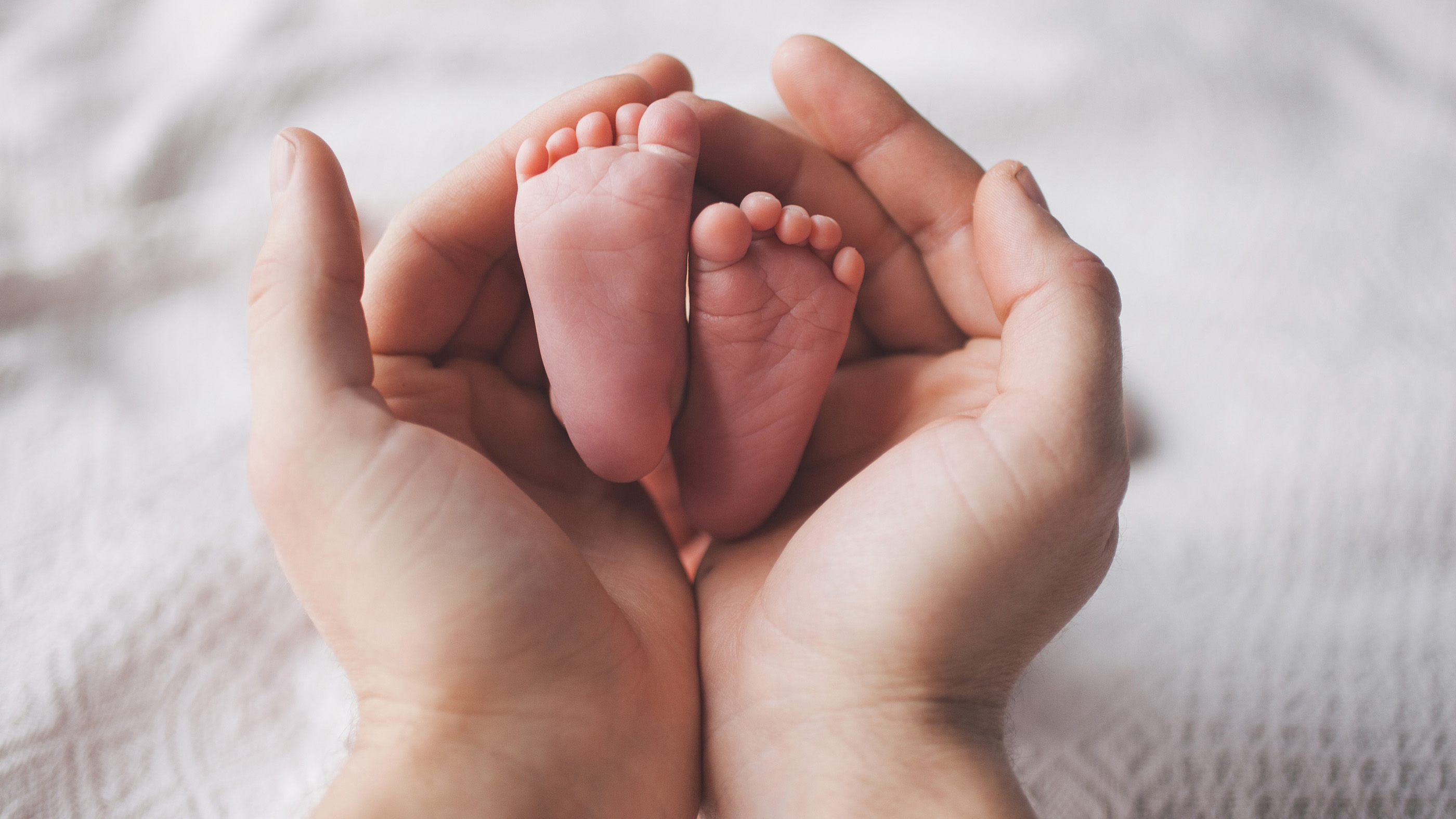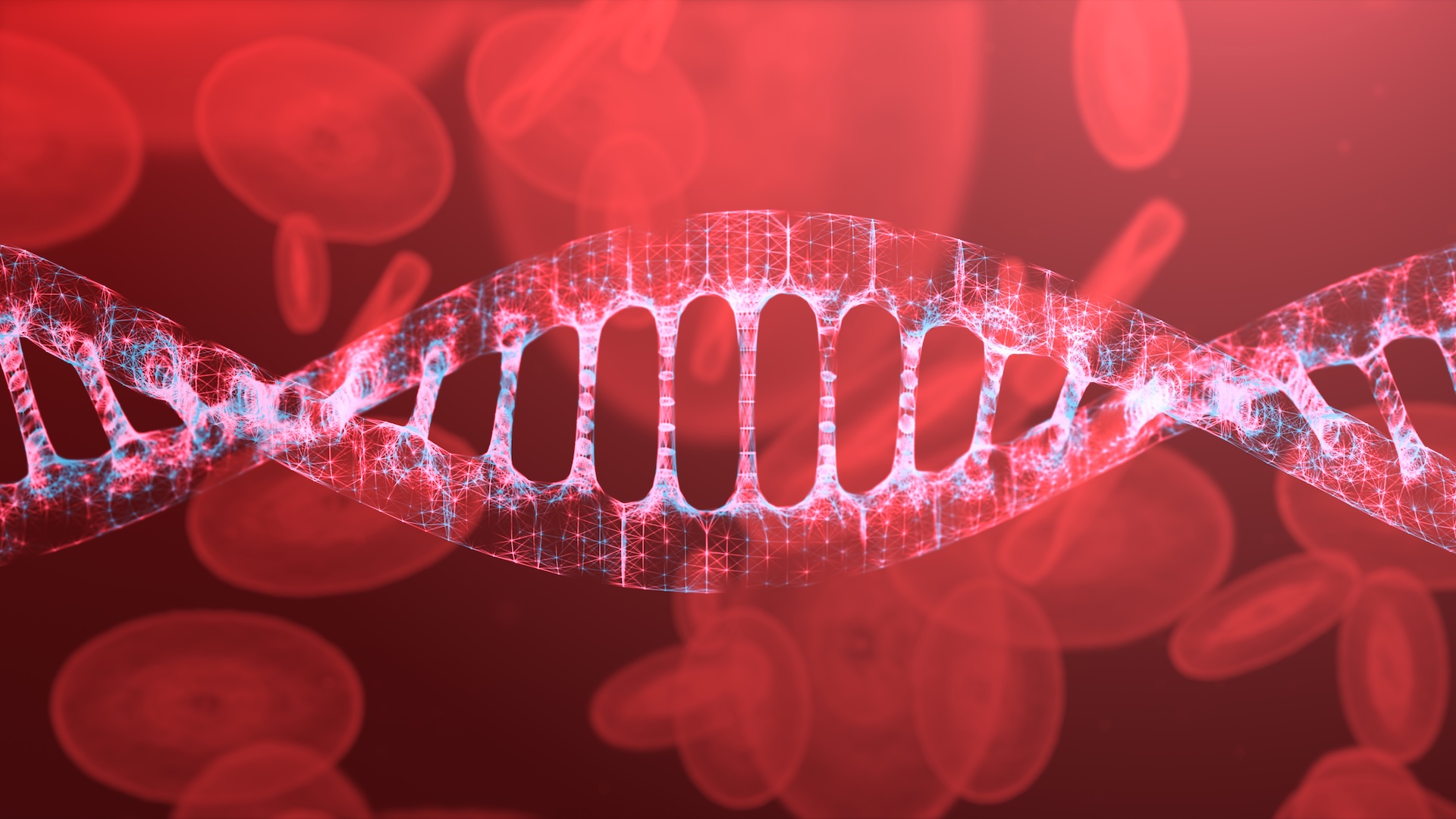Newborn tests positive for COVID-19 in London
Doctors don't know if the virus passed to the baby in the womb, or some time during or after delivery.

A newborn in London has tested positive for the novel coronavirus SARS-CoV-2, just minutes after being born to a mother who was also infected with the virus, according to news reports.
Days prior to giving birth, the woman was admitted to a hospital for symptoms of pneumonia, finding out she had tested positive for the virus that causes COVID-19 only after her baby was born at North Middlesex hospital in Enfield, in north London, The Guardian reported.
According to The Sun, the baby was being treated at the hospital, while the mother had been transferred to an infectious-diseases hospital.
It is not known when the child contracted the disease. "We can't say it happened while the baby was still in the womb," Dr. William Schaffner, a professor of Preventive Medicine and Infectious Diseases at the Vanderbilt University School of Medicine, told Live Science. The baby could have also contracted the virus during, or immediately after, birth, Schaffner said.
Some infections pass from a mother to her baby through the mother's placenta, while the fetus is still developing in the womb, or from bodily fluids during delivery. For instance, the Zika virus — which is in another family of viruses from this coronavirus — can pass to newborns both in the womb and during delivery, according to the Centers for Disease Control and Prevention (CDC). When passed to a baby in the womb, the Zika virus can cause microcephaly and other severe brain defects, the CDC said.
"That was a terrible phenomenon that happened with Zika," Schaffner said.
The first known newborn who tested positive for SARS-CoV-2 did so within 36 hours of birth. In that case, it also wasn't clear whether transmission happened in the womb.
Get the world’s most fascinating discoveries delivered straight to your inbox.
Following that news, researchers analyzed samples from nine women who came down with COVID-19 when they were 36 to 39 weeks pregnant, and were admitted to a hospital in Wuhan, China, where the outbreak began. All of the women delivered via C-section. To find out if and perhaps when the virus could be transmitted, the team looked at samples of amniotic fluid, umbilical cord blood, breast milk and samples from the newborn's throat.
None of those samples tested positive for the coronavirus, and both the mothers and babies survived, according to that study, published Feb. 12 in the journal The Lancet. In those cases, at least, the virus didn't appear to pass between a mother and her developing fetus.
Right now, the bigger question is how the baby will fare.
"Does the baby become sick?" Schaffner asked. "Does the baby also develop pneumonia?"
Children infected with this coronavirus are mostly showing mild symptoms. But there isn't enough data yet to say whether babies would fall into this category.
"Newborns are particularly vulnerable, and they may be exceptions to that general rule since they are so vulnerable," Schaffner said.
As the coronavirus spreads across the globe, everyday life is being transformed with social-distancing measures, school closures, event cancellations, and in some cases, entire city lockdowns.
Though pregnant women tend to be at a higher risk of catching some respiratory infections and developing more severe symptoms from those infections, that doesn't seem to be the case for the coronavirus, according to a report published at the end of February by the World Health Organization-China Joint Mission on Coronavirus Disease 2019. Of 147 pregnant women with either confirmed or suspected cases of COVID-19, only 8% had a severe form of the disease and just 1% were in critical condition, according to that report.
- The 9 Deadliest Viruses on Earth
- 28 Devastating Infectious Diseases
- 11 Surprising Facts About the Respiratory System
Originally published on Live Science.
OFFER: Save at least 53% with our latest magazine deal!
With impressive cutaway illustrations that show how things function, and mindblowing photography of the world’s most inspiring spectacles, How It Works represents the pinnacle of engaging, factual fun for a mainstream audience keen to keep up with the latest tech and the most impressive phenomena on the planet and beyond. Written and presented in a style that makes even the most complex subjects interesting and easy to understand, How It Works is enjoyed by readers of all ages.
Jeanna Bryner is managing editor of Scientific American. Previously she was editor in chief of Live Science and, prior to that, an editor at Scholastic's Science World magazine. Bryner has an English degree from Salisbury University, a master's degree in biogeochemistry and environmental sciences from the University of Maryland and a graduate science journalism degree from New York University. She has worked as a biologist in Florida, where she monitored wetlands and did field surveys for endangered species, including the gorgeous Florida Scrub Jay. She also received an ocean sciences journalism fellowship from the Woods Hole Oceanographic Institution. She is a firm believer that science is for everyone and that just about everything can be viewed through the lens of science.

